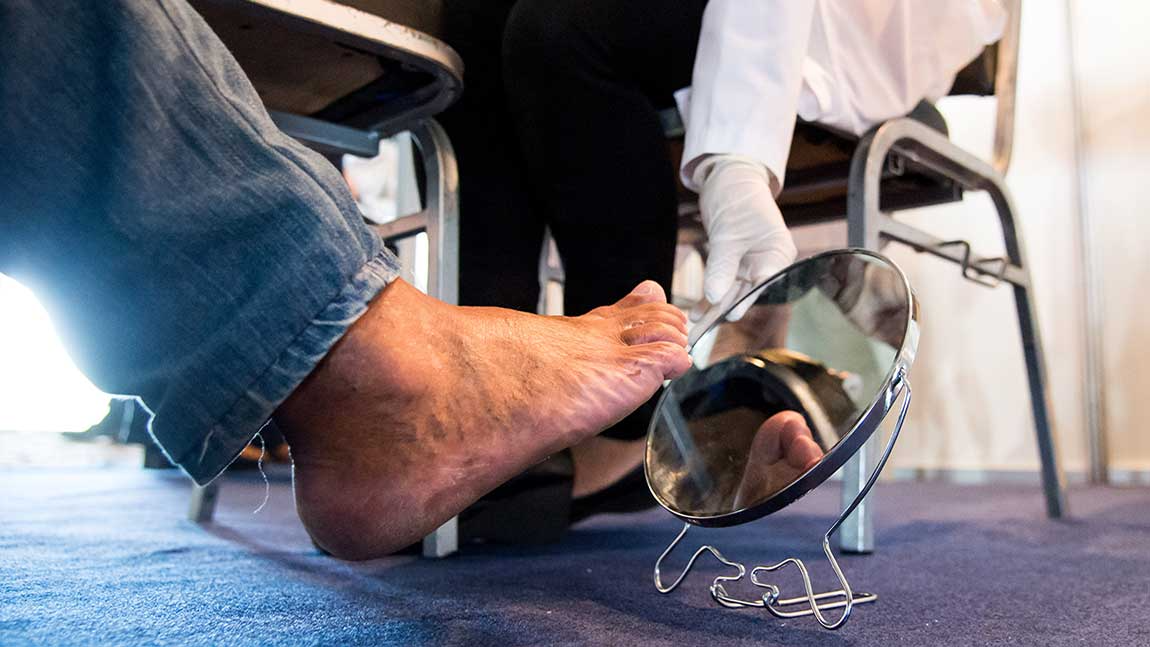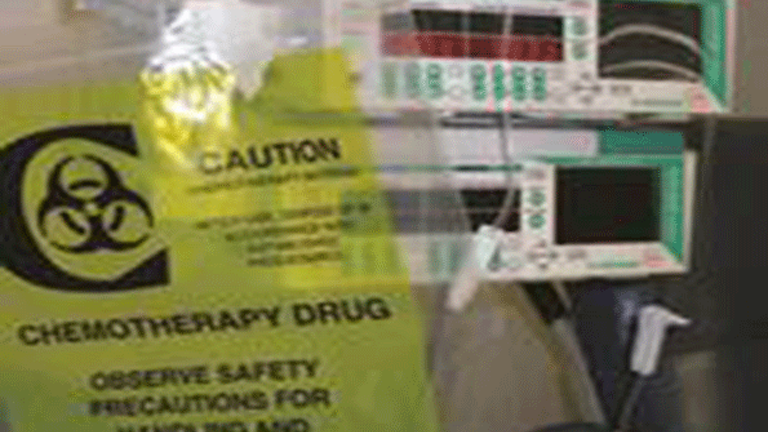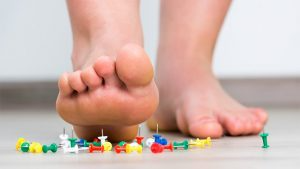Neuropathy is caused by one or a combination of these three main causes…
Diabetes and pre-diabetes
Diabetic neuropathy is nerve damage that is caused by diabetes. Over time, high blood glucose levels, also known as blood sugar, and high levels of fats in the blood from diabetes can damage your nerves.
This type of neuropathy usually develops slowly but will get worse as time goes on. There are many different types of neuropathy caused by diabetes but peripheral neuropathy is the most common.

Types of diabetic neuropathy:
Peripheral Neuropathy
This is a type of nerve damage that typically affects the feet and legs but can also affect your hands and arms.
Autonomic Neuropathy
This is a type of neuropathy that is damage to nerves that control your internal organs, leading to problems with your heart rate, blood pressure, digestive system, bladder, sex organs, sweat glands and eyes.
Focal Neuropathy
This type of neuropathy isn’t as common, but is typically damage to a single nerve. This is most often in your hand, head, torso or leg.
Proximal Neuropathy
This type of diabetic neuropathy is even more rare, but is a disabling nerve damage in your hip, buttock or thigh that typically affects one side of your body. Symptoms gradually improve over a period of months to a year
Symptoms of diabetic neuropathy include:
- Tingling and numbness (Peripheral)
- Pins and needles and hypersensitivity (Peripheral)
- Increased pain or inability to feel pain (Peripheral)
- Loss of ability to detect changes in heat and cold (Peripheral)
- Loss of coordination and proprioception (Peripheral)
- Burning, stabbing or shooting pains which may be worse at night (Peripheral)
- Heartburn (Autonomic)
- Blacking out when standing up too quick (Autonomic)
- Dizziness (Autonomic)
- Trouble emptying your bladder (Autonomic)
- Double vision (Focal)
- Paralysis on one side of the face (Autonomic)
- Pain in thighs, hips or buttocks usually on one side (Proximal)
Tips if you have diabetic neuropathy:
- Check your feet and legs daily
- Use lotion on your feet if they are dry
- Wear shoes that fit well and wear often so you don’t injure your feet and not realize it
- Eat smaller meals if you have autonomic neuropathy
Chemotherapy
Chemotherapy-induced peripheral neuropathy (CIPN) is a very common side effect of chemotherapy drugs. Doctors believe that this is because since chemo damages healthy cells, that can include nerves and can affect the feeling and movement in the hands and feet.
CIPN can be tricky to treat because it is not always clear when symptoms will appear – sometimes they develop during treatment, but can also appear after treatment has ended. Oftentimes, CIPN symptoms do get better after they stop that chemo drug, but can take a few months for symptoms to fade.

Chemotherapy drugs that are known to cause CIPN:
- Paclitaxel
- Cisplatin
- Oxaliplatin
- Epothilones
- Thalidomide
- Docetaxel
- Bortezomib
- Lenalidomide
- Pomalidomide
- Suramin
- Vincristine
Symptoms of CIPN:
- Pain in the hands and feet
- Tingling or burning in the hands and feet
- Shooting or electrical sensations
- Difficulty picking up objects
- DIfficulty with fine motor tasks such as buttoning buttons on a shirt
- Very cold or hot hands or feet
- Loss of balance
Natural remedies to try if you have CIPN:
Exercise
Exercise can increase blood flow to the hands and feet which may offer temporary relief from pain. Consult with your doctor the best options for you, but low impact exercises such as swimming and yoga are great options!
Vitamins
Some research suggests that vitamin deficiencies can make CIPN worse. A doctor can test your levels to make sure you are not deficient in anything. Always consult with your doctor prior to making any changes.
Dietary Changes
A healthy diet can help ease some side effects of chemotherapy treatment.
Massage
As with exercise, massage improves blood flow and may offer temporary relief from symptoms.
Hereditary
Hereditary neuropathies are passed on genetically from parent to child, also called inherited neuropathy. This is a disorder affecting the peripheral nervous system and is divided into 4 major subcategories. Certain types of hereditary neuropathy progress faster than others – some can go undiagnosed for a long time due to the mild symptoms.
Types of hereditary neuropathies:
Charcot-Marie-Tooth Disease (CMT)
CMT is a group of inherited disorders that cause nerve damage mostly in your arms and legs. CMT generally starts between mid-childhood and early adulthood. The first signs are usually foot abnormalities such as an unusually high arch or hammer toes.
It is a slowly progressive disease but as it progresses, muscle weakness and wasting leads to difficulties with walking, running and balance. If the hands are affected, daily activities such as turning door knobs, fastening buttons or writing can become difficult.
Hereditary Neuropathy with Liability to Pressure Palsies (HNPP)
People who have HNPP are extremely sensitive to pressure. Commonly, they have difficulty carrying a heavy shoulder bag, leaning on an elbow, or sitting on a chair. This pressure causes episodes of tingling, numbness and loss of sensation in the affected area.
Unlike a limb going to sleep for a few seconds, each episode of numbness can last from several minutes to several days or months.
Hereditary Neuropathy Symptoms:
Charcot-Marie-Tooth Disease (CMT)
- Foot drop
- Progressive deformity of leg or foot (abnormally high arch, flat feet or hammer toes)
- Decreased sensation or numbness in the foot or leg
- Awkward gait and balance
- Poor hand coordination
Hereditary Neuropathy with Liability to Pressure Palsies (HNPP)
- Weakness – unable to move an entire limb
- Unable to use certain muscles of the arm or hand (can’t reach, wash hair or difficulty gripping things)
- Episodes of numbness, weakness or tingling that won’t go away
- Leg, ankle or foot swelling
- Muscle cramps
- Diminished or absent ankle reflexes


